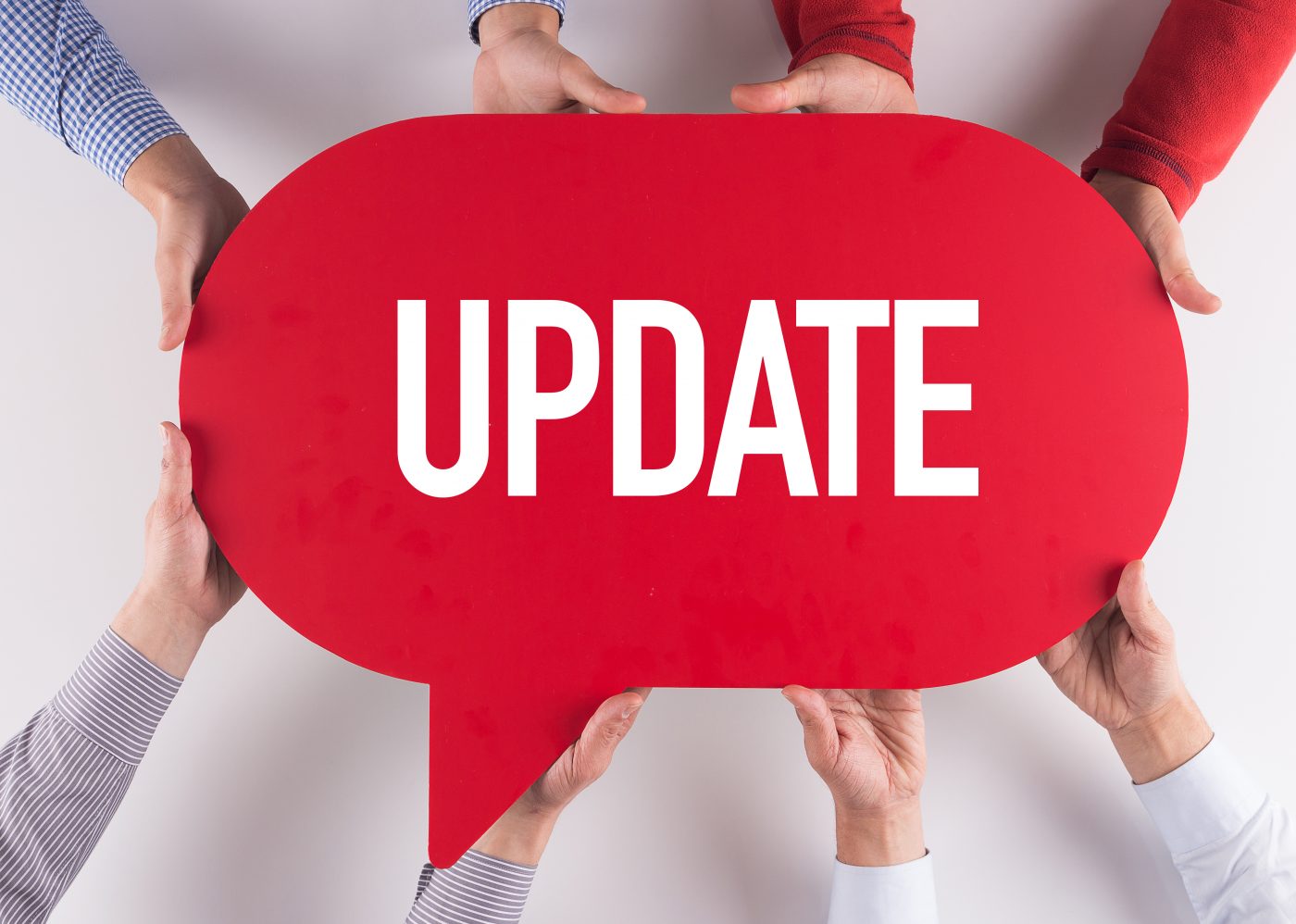Gene Therapy Candidate GALGT2 Found Safe in Parent Project-Funded Toxicology Study

The investigational gene therapy GALGT2 for Duchenne muscular dystrophy (DMD) was found to be safe in a preclinical study conducted at the Research Institute at the Nationwide Children’s Hospital, the researchers said.
The study was funded by a $100,000 grant awarded by Parent Project Muscular Dystrophy (PPMD) in early 2018 to lead researchers Paul Martin, PhD, and Kevin Flannigan, MD, at the Nationwide Children’s Hospital.
This award was part of PPMD’s Gene Therapy Initiative, which was launched in early 2017 to promote the development of gene therapies for DMD and to accelerate research.
“We are so grateful to PPMD for supporting this innovative approach to treating Duchenne. PPMD’s grant helped cover expenses associated with our toxicology study where no significant treatment-dependent safety findings were observed,” Martin and Flanigan said in a press release.
“Toxicology studies [assessing the safety profile of a therapy] such as this are both standard practice and a requirement of the FDA before clinical delivery,” they added.
Since 2017, PPMD’s Gene Therapy Initiative has provided over $3 million in research funding to several institutions supporting many approaches for DMD gene therapy, including CRISPR/Cas9, micro-dystrophin, Dup2, and GALGT2. It also has supported research assessing the impact of gene therapy on the heart and any immune reaction it may trigger. The funding for this initiative comes from donations and community support.
Results of the GALGT2 project and others funded by PPMD will be presented at the project’s 2019 Annual Conference, to be held in Orlando, Fla., June 26-30.
DMD is caused by mutations in the gene that encodes dystrophin protein, which is essential for normal muscle development and function. Mutations prevent the production of functional dystrophin, resulting in progressive symptoms.
Gene therapies are believed to be a useful strategy to overcome the lack of dystrophin protein. They are designed to deliver a healthy copy of the dystrophin gene using a modified and safe adeno-associated virus (AAV) to compensate for the abnormal version that patients carry. Modified viral vector are commonly used in this type of therapeutic strategy and have been shown to be incapable of causing infections.
GALGT2 gene therapy belongs to an alternative therapeutic class known as surrogate gene therapy. Instead of delivering dystrophin coding gene, it aims to improve muscle activity by promoting the activity of GALGT2 protein.
“[Increased levels] of the GALGT2 gene has been seen to improve muscle pathology in pre-clinical muscular dystrophy models,” said Abby Bronson, senior vice president of research strategy at PPMD. “This gene therapy strategy will not restore dystrophin, but recruit dystrophin surrogates to compensate for the lack of dystrophin and protect the cell membrane.”
If successful, the GALGT2 gene therapy has the potential to be used in combination with other treatments, and could benefit all Duchenne patients, regardless of their disease-causing genetic mutation, Bronson added. It also may help prevent DMD-associated cardiac issues.
Sarepta Therapeutics and Nationwide Children’s Hospital signed an exclusive license agreement in 2017 to advance this GALGT2 gene therapy program.
“We look forward to moving this therapy forward to a Phase 1 clinical trial,” Flanigan and Martin said.
The researchers recently launched a Phase 1/2 clinical trial (NCT03333590) that will explore the safety and efficacy of GALGT2 gene therapy in six patients with genetically confirmed DMD.
The trial will be conducted at the Nationwide Children’s Hospital and is currently recruiting DMD patients age 4 or older. For more information, please visit the study’s registry page here.






